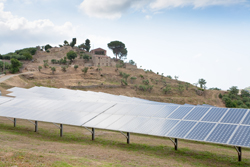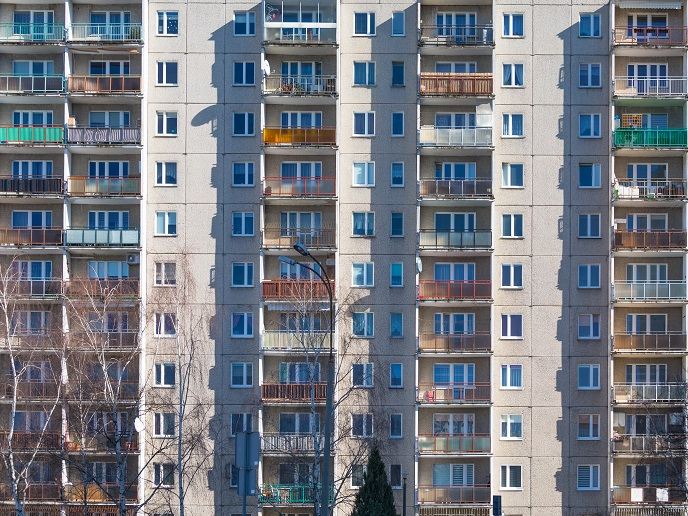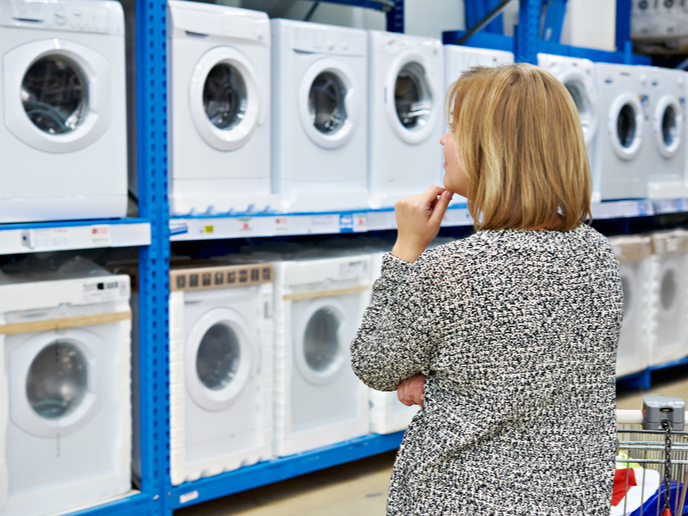Promoting innovation via solar energy policies
The ‘Promotion of a new generation of solar thermal systems in the MPC’ (Solaterm) project was developed to adapt existing technologies to meet regional energy demands for powering water heating and cooling and space heating in the southern Mediterranean. In addition, the Solaterm project sought to transfer technological know-how to MPCs and to advance research and development (R&D) in these countries through political channels. While the environmental benefits of solar energy are indisputable, the willingness of individual countries to develop their renewable energy markets varied based on internal availability of fossil fuels and relative costs of energy from various sources. The researchers supported that fuel-scarce MPCs would benefit tremendously from commercialisation of solar energy devices. Their dependence on foreign oil would be reduced, decreasing susceptibility to fluctuations in both price and supply. In addition, new jobs would be created and environmental problems would be reduced. The 'Abu-Dhabi declaration on environment and energy' that was adopted by participating countries resulted in tremendous exchange of knowledge but unfortunately very little impact on the application of innovation. The Solaterm project members determined that, despite manufacturers operating in nearly all countries, procedures for standardisation, testing and specification were lacking. Development of appropriate policies could thus drastically improve R&D efforts as well as reduce manufacturing costs. As such, the Solaterm project team made specific recommendations to reduce some of the political, social and economic barriers to implementation of new technologies via targeted political strategies for solar energy development.In summary, the Solaterm project contributed to knowledge management and information dissemination in MPCs regarding solar heating and cooling of water and spaces, establishing currently lacking links between policy and research efforts. In addition, the project developed and distributed a tool for optimisation of solar collectors. The results should advance the state of solar renewable energy in MPCs and enhance competitiveness of these countries while decreasing the environmental impact of electrical power production and supply.







